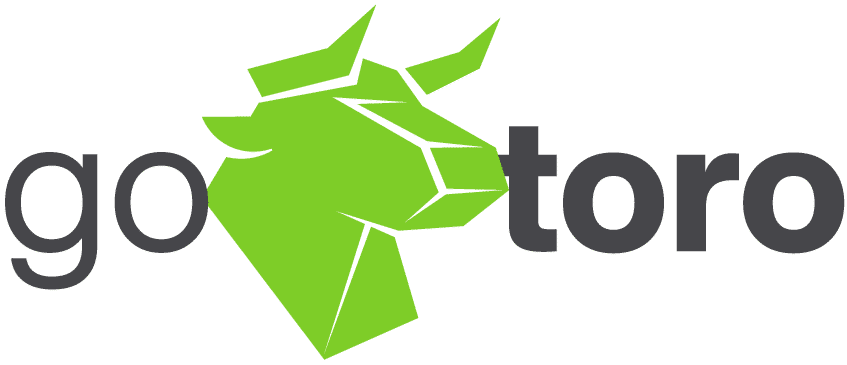The Shift Towards Skills-Based Hiring
In the ever-evolving world of recruitment, companies are increasingly prioritizing skills over traditional credentials. This paradigm shift, often referred to as skills-based hiring, focuses on what candidates can do rather than where they studied or their previous job titles. But what exactly is skills-based hiring, and why is it gaining traction?
Understanding Skills-Based Hiring

At its core, skills-based hiring is a recruitment strategy that emphasizes a candidate’s abilities over formal education and work experience. This approach recognizes that a four-year degree or a prestigious internship might not be the only indicators of a candidate’s potential. Instead, it values practical skills, competencies, and even soft skills that can contribute to a role.
Why Skills-Based Hiring is on the Rise
The Changing Nature of Work
The digital age has brought about new roles and responsibilities that didn’t exist a decade ago. Traditional hiring methods may not always capture the essence of these roles. This is one reason why skills-based hiring is on the rise.
Diversity and Inclusion
By focusing on skills, companies can tap into a more diverse talent pool, including candidates from non-traditional backgrounds or those who have acquired skills through unconventional means.
The Skills Gap
Many industries face a skills gap, where there are more job openings than qualified candidates. Skills-based hiring practices allow companies to identify potential talent that might be overlooked in traditional recruitment processes.
Key Components of Skills-Based Recruitment

Skills Assessments
Companies often use assessments or tests to gauge a candidate’s skills. These can range from technical tests to soft skills assessments, a pivotal part of this hiring method.
Behavioral Interviews
Instead of focusing on a candidate’s past experiences, behavioral interviews delve into how they would handle specific situations, giving insights into their problem-solving and interpersonal skills.
Portfolio Reviews
Especially relevant for creative roles, reviewing a candidate’s portfolio can provide a tangible representation of their skills and abilities.
Real-world Tasks
Some companies ask candidates to complete a task or project as part of the hiring process. This offers a glimpse into their practical skills and how they approach challenges.
Benefits of Skills-Based Hiring Practices

Broader Talent Pool
These practices allow companies to consider candidates from diverse backgrounds, leading to a richer talent pool.
Reduced Turnover
When employees are hired based on their abilities, they’re more likely to excel in their roles, leading to increased job satisfaction and reduced turnover.
Faster Time-to-Productivity
Employees hired for their skills can often hit the ground running, reducing the time and resources spent on training.
Alignment with Company Goals
By focusing on skills, companies can ensure that they’re hiring individuals who align with their immediate needs and long-term objectives.
Challenges and Considerations
While the benefits are numerous, it’s essential to approach skills-based recruitment with a clear strategy. Companies should:
- Define the skills they’re looking for clearly.
- Ensure that their assessment methods are unbiased and inclusive.
- Train hiring managers to equip them with the ability to evaluate candidates based on their skills.
The world of recruitment is undergoing a significant transformation, with skills-based hiring at the forefront. As companies recognize the value of skills over traditional credentials, this approach is set to become even more prevalent. For businesses looking to stay ahead of the curve, embracing skills-based hiring can lead to a more diverse, and engaged workforce. As the recruitment landscape continues to evolve, Gotoro’s programmatic job advertising technology offers a cutting-edge solution to help companies navigate these changes. Dive into the future of recruitment with Gotoro. Request a demo today.


